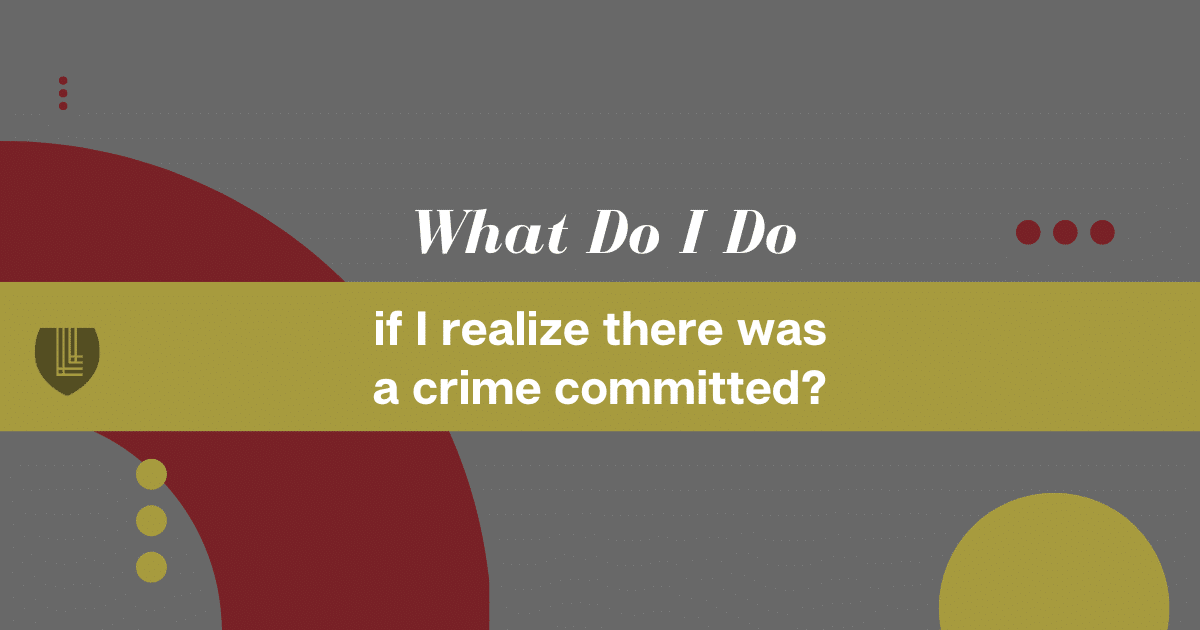What do you do if there’s a crime committed? As the investigator, we are not very often going to also be legal counsel to the client with the issue. So, again, probably if you’re investigating a workplace situation, you are not a criminal investigator, and you need to be handing those criminal matters to your client’s criminal counsel.
But we also need to keep a couple of other things in mind. So, first of all, in states that I’ve ever practiced I there’s always a rule about vulnerable populations and a mandate to report. So, Texas and Colorado have slightly different rules from each other, but the crux of it is that professionals, which by definition includes most citizens and certainly attorneys, have an obligation to report most types of abuse of vulnerable populations. So, particularly children, and the elderly, and the mentally incapable.
So, we need to keep in mind that if a workplace issue relates to a vulnerable population, we often have a duty to report. And we need to tell our client like, “I’m sorry, this isn’t convenient for you, but I have a legal duty to report. And so do you, so we’re both in the same boat and this needs to happen.” If it’s about porn and particularly child porn, you stop everything hand off the computer with the porn to the FBI. That’s just how that works.
But the other thing we need to keep in mind is that discovering or stumbling across a crime doesn’t alleviate our obligation to investigate Title VII ADEA, other harassment, discrimination, or hostile work environment type allegations. We still have to do that. But now we have to do that when we know that there could also be a police investigation. So, I had other videos on this, but there are certain ways that we need to bow down and let the police do their thing. We now know that we need to be documenting things probably a little bit better than we would for a civil procedure, but we always let criminal investigators and law enforcement investigate before we do.
